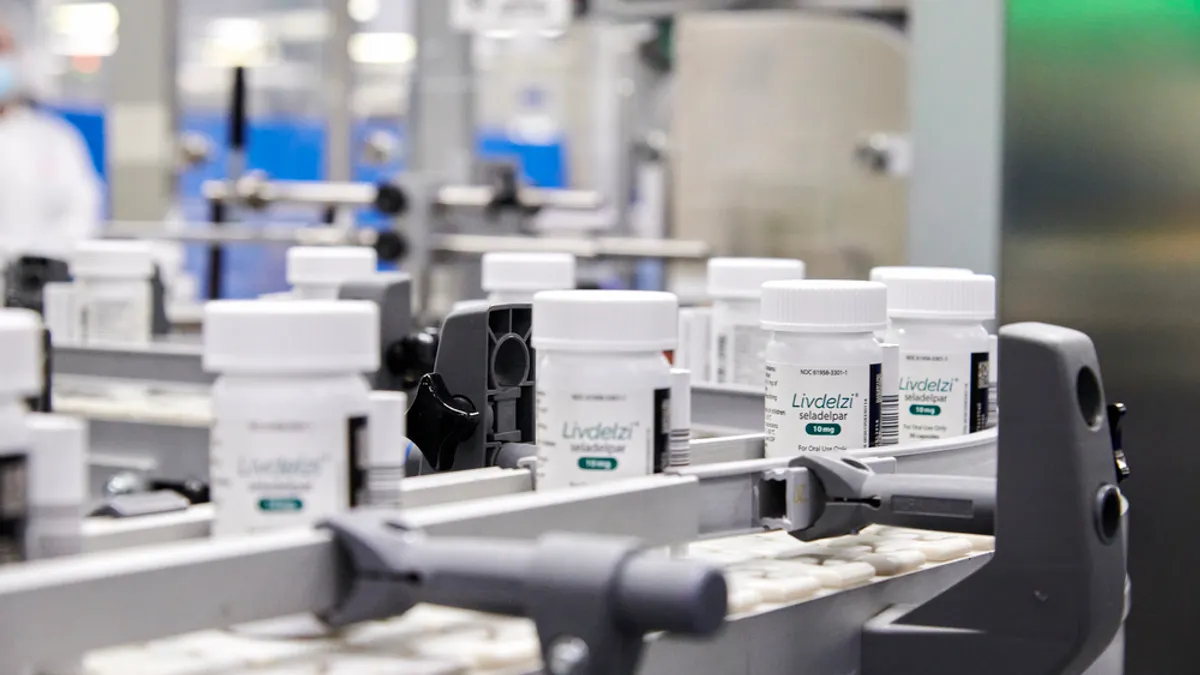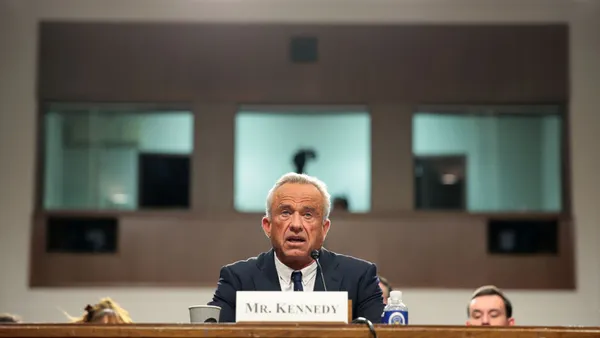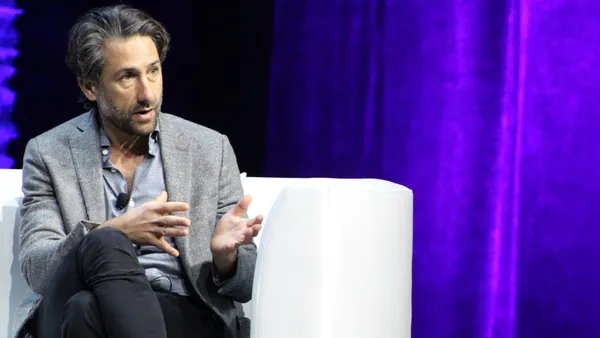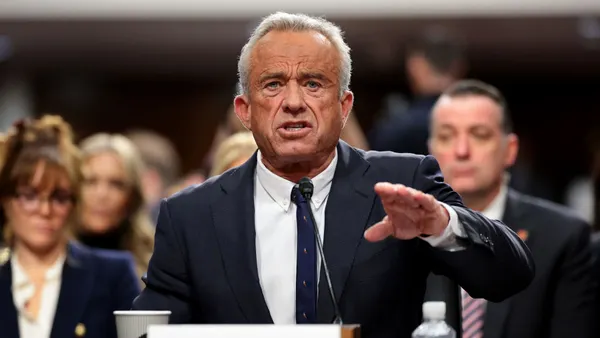Dive Brief:
- Gilead Sciences has won Food and Drug Administration approval to sell Livdelzi, a new medicine for a rare liver disease known as primary biliary cholangitis.
- The FDA clearance covers patients who can’t tolerate a commonly used treatment called ursodeoxycholic acid or those whose disease doesn’t respond well enough to the older medicine alone. For the latter group of patients, the regulatory clearance specifies combination use of Livdelzi and ursodeoxycholic acid, Gilead said Wednesday.
- Livdelzi’s approval comes just a few months after Gilead spent $4.3 billion to buy CymaBay Therapeutics, the company that developed the drug, then known as seladelpar. Analysts at RBC Capital Markets expect the medicine to reach peak sales of more than $650 million a year.
Dive Insight:
Gilead has spent much of the last few years focused on building up its oncology business. In 2020, the company paid $4.9 billion to buy immunotherapy specialist Forty Seven and then followed it up with a $21 billion deal to buy cancer drugmaker Immunomedics.
But disappointments have followed those purchases. Myriad delays and clinical setbacks have prompted Gilead to rethink the future of the experimental medicine at the center of the Forty Seven deal. Trodelvy, the medication developed by Immunomedics, has also stumbled in a few key trials and hasn’t yet met analysts’ lofty sales expectations.
With Livdelzi, Gilead is focusing on a treatment area that’s more of a comfort zone. The company has a strong portfolio in hepatitis drugs and has a sales force that executives estimate is already covering 80% of the doctors who treat primary biliary cholangitis.
Gilead also believes Livdelzi will stand out among the competition in the market because of clinical research showing the drug’s effects on a key symptom of the disease called pruritus, debilitating itching that often occurs at night. The approved label for Livdelzi refers to that data and also carries fewer warnings about safety issues than rival treatments.
Overall, Livdelzi’s “cleaner label and its itch relief benefits should provide a competitive edge,” RBC Capital Markets analyst Brian Abrahams wrote in a note to clients.
The commercial list price for Livdelzi is $12,606 for a 30-day supply, a Gilead spokesperson said. That represents a 10% premium over Ipsen’s recently approved Iqirvo and a 30% premium over another rival called Ocaliva, “potentially representing upside to our estimates and consensus,” Leerink Partners analyst Thomas Smith wrote in a note to clients.
U.S. regulators gave Livdelzi an accelerated approval, based on data that showed it could help normalize levels of an enzyme in the body that’s a predictor of liver transplant and death. Continued approval may be contingent on Gilead proving clinical benefits in the future.
Intercept Pharmaceuticals, owned by Alfasigma, is trying to satisfy similar requirements for Ocaliva, with an FDA advisory committee meeting set for September. In Europe, regulators in June recommended that Ocaliva be removed from the market, saying the medication’s benefits no longer outweighed its risks.













